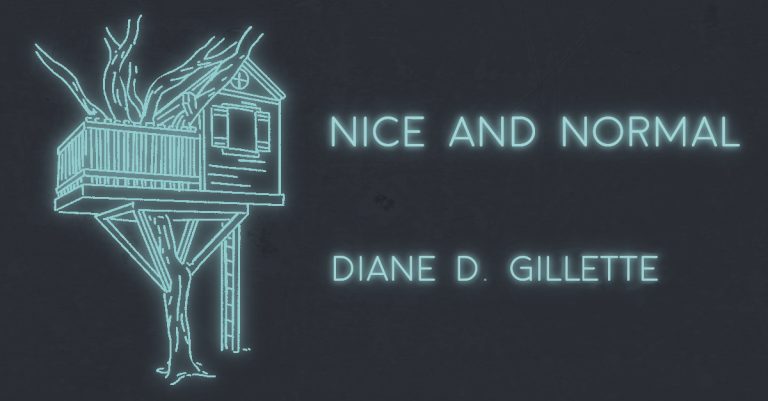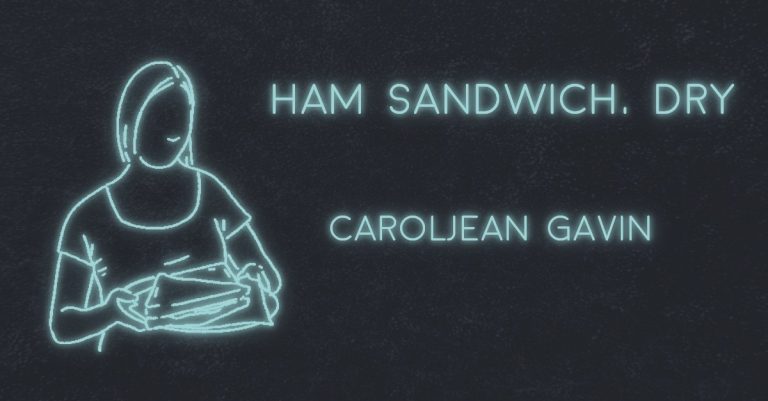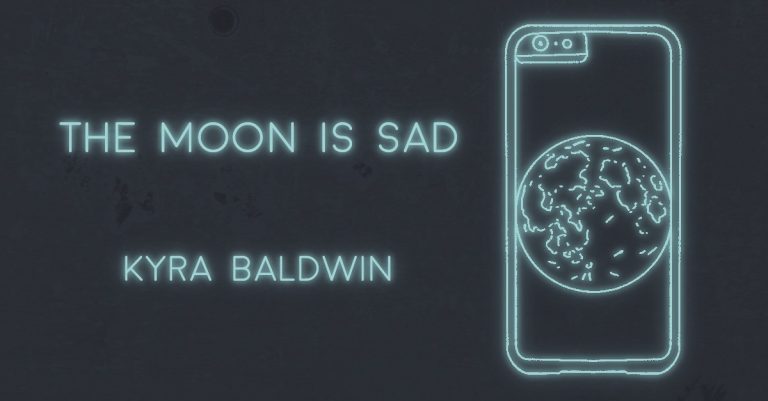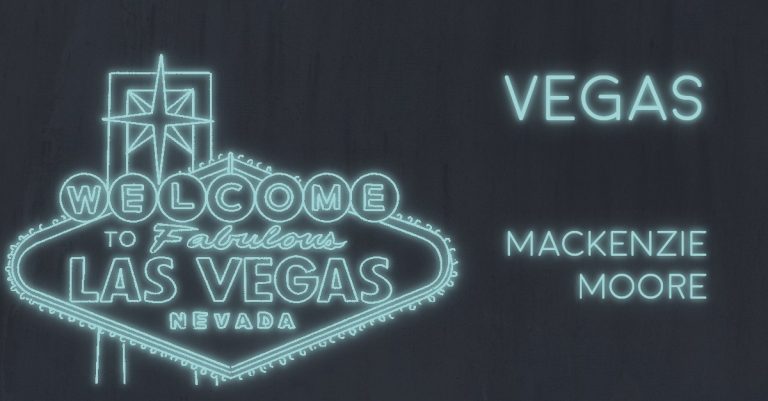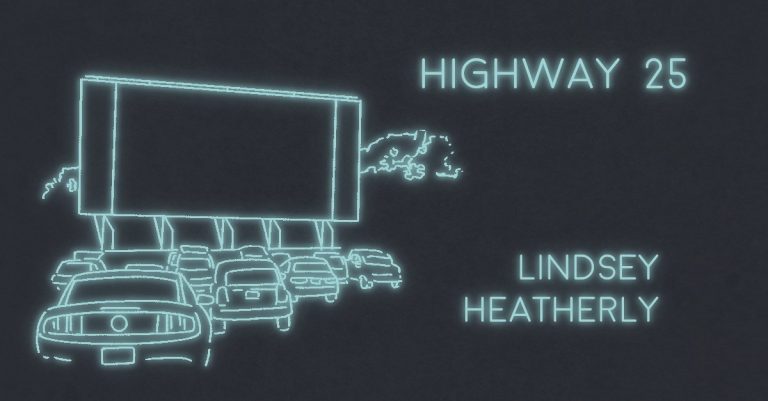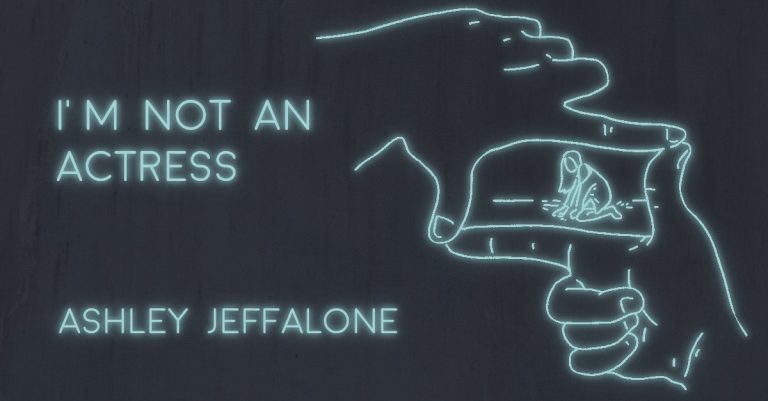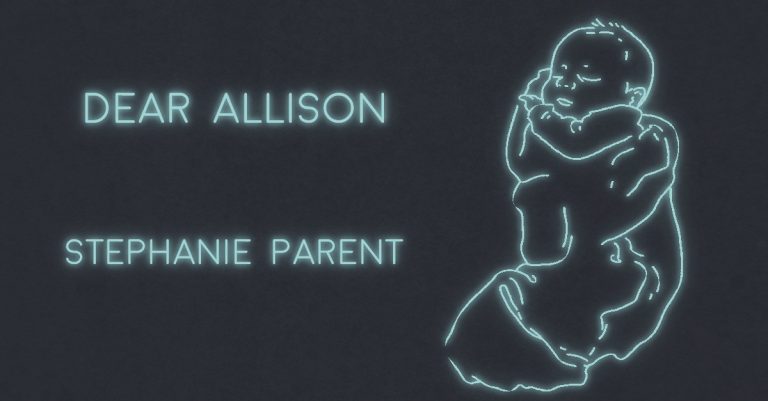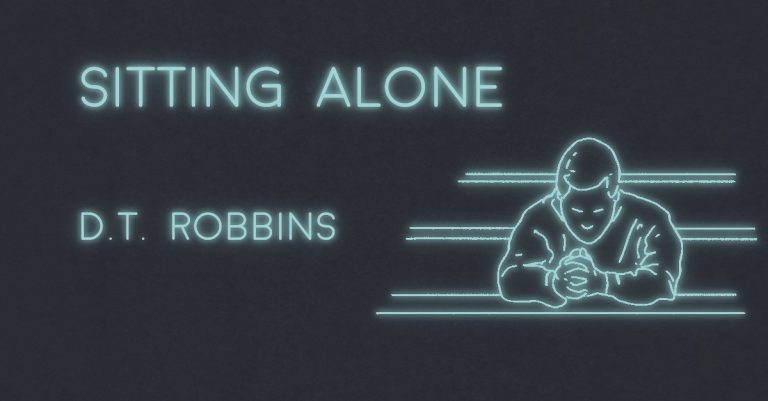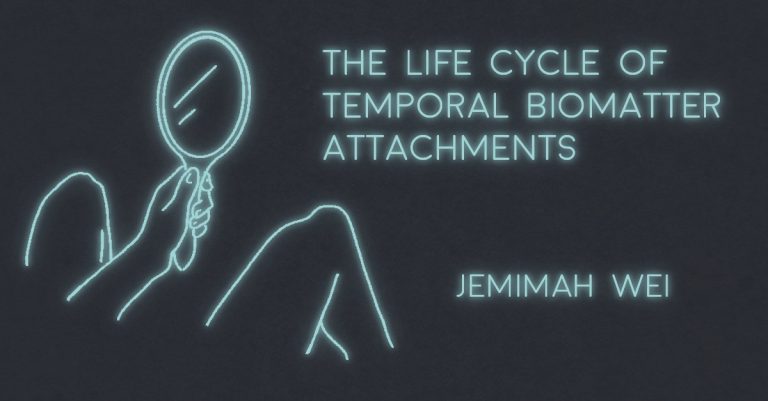
THE LIFE CYCLE OF TEMPORAL BIOMATTER ATTACHMENTS by Jemimah Wei
This is completely unsexual, but ever since the ex left, Jennie has gotten into the habit of sticking her hand down her pajama pants and cupping herself to sleep. It started in week five or six of the lockdown. One day, she woke up and her hands were in her pants. Both hands, under her pants, resting on top of her underwear. This happened occasionally, even before the ex moved out. Usually around the middle of the month, when she could feel her body beginning to slush. Whenever it happened, Jennie would periodically stick her finger into the folds of

